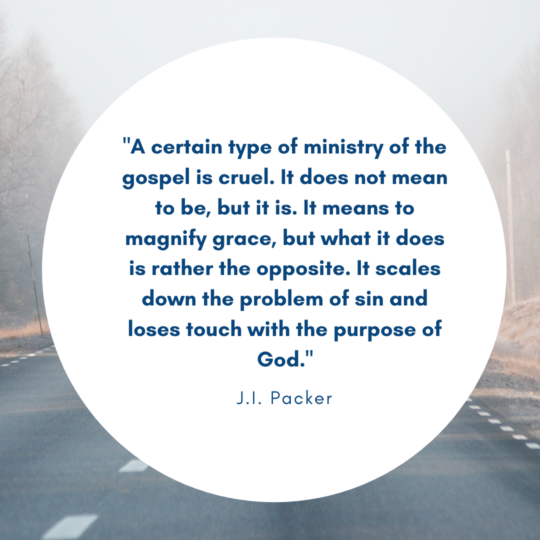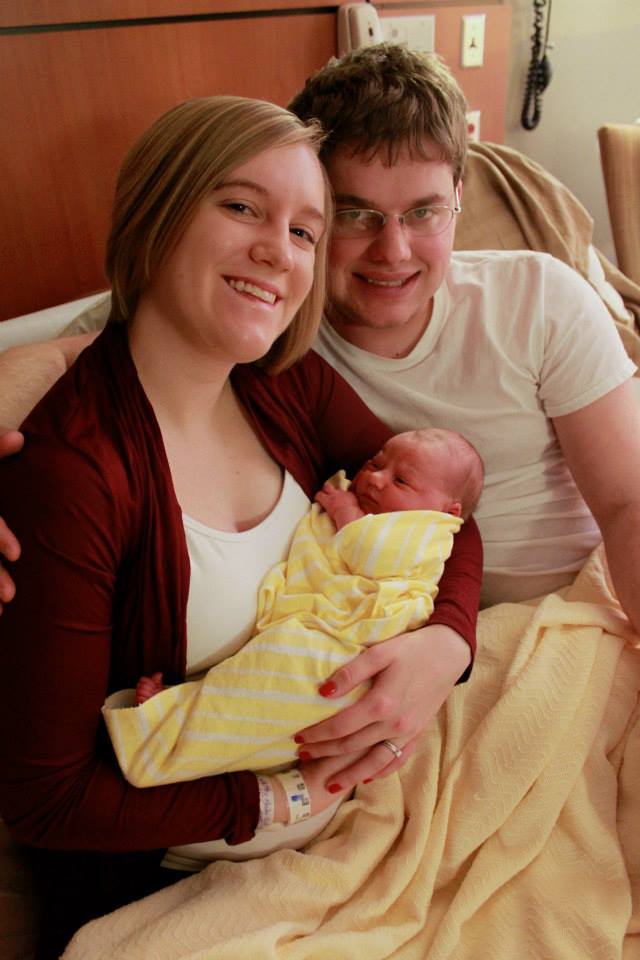
Sunshine and Roses

Ah, Valentine’s Day. You either love it or you hate it, right?
This is the twelfth Valentine’s Day my husband Ben and I celebrated together, if you can believe it—we’re high school sweethearts. I can’t recall ever doing anything super special on any of these days, but we do always acknowledge it, and if we can find a babysitter, try and sneak away on a date. My always-willing mother-in-law watched our two kids for us this year, allowing us a few precious hours to focus solely on each other and thank God for the gift of our marriage (we’ll be celebrating seven years of marriage this June!). Here are some pictures of me and my Valentine over the years, for your viewing enjoyment.
Ben and I have seen each other through many changes—he fell for me when I had a mouthful of braces and has walked beside me through high school, undergrad, and grad school; three pregnancies, and a handful of mental breakdowns. He’s been the source of my biggest laughs and he’s by far my favorite person to go adventuring with. Our marriage, for the most part, has been easy and enjoyable. I’m so thankful for that.
But I know that is not the reality for many people. Which is why I am weaving in more marital conflict as I re-write the third installment of my Molly Taylor series, A New Day Dawning, and why I’ve chosen to lead two beloved characters into an emotional affair in the fourth book, A Way in the Wilderness.
It’s always been my goal to portray a raw, realistic picture of the Christian life in my writing. Many people wrongly assume that following conversion, life will be sunshine and roses. And in a sense, it is—we have great hope when we chose to follow Jesus because we know that we will spend eternity with Him.
J.I. Packer, author of Knowing God, says that “A certain type of ministry of the gospel is cruel. It does not mean to be, but it is. It means to magnify grace, but what it does is rather the opposite. It scales down the problem of sin and loses touch with the purpose of God (J.I. Packer, Knowing God).” This ministry focuses in on “justification by faith through the cross, new birth through the Spirit and new life in the power of Christ’s resurrection,” and aims to “bring people into the fullest possible experience of resurrection life,” (J.I. Packer, Knowing God). Packer points out that these teachings are doctrinally sound; they are wonderful assurances that should cause us to praise God. But the problem is, we misapply these doctrines. He argues that “it is possible so to stress them, and so to play down the rougher side of the Christian life—the daily chastening, the endless war with sin and Satan, the periodic walk in darkness—as to give the impression that normal Christian living is a perfect bed of roses, a state of affairs in which everything in the garden is lovely all of the time, and problems no longer exist—or, if they come, they have only to be taken to the throne of grace, and they will melt away at once” (J.I. Packer, Knowing God).
I strive to portray a balanced view of the Christian life in my writing, acknowledging the wonderful hope we have because of Christ’s work on the cross yet stressing that life is still difficult after choosing to walk with Him. We will still wrestle with sin and Satan, still face great darkness.
Even in our marriages.
I loved reading about strong, healthy Christian marriages in the contemporary Christian fiction books I read in high school. I was head-over-heels in love with my future husband at the time, after all, and I found myself daydreaming about a marriage with him all the time. Those books made me all the more excited for a future with him.
But I also needed to be reminded that even the strongest Christians can stumble in their marriages. I learned this by watching marriages break down around me and by taking the time to learn about the most common issues couples face in marriage through good, biblically based books before that engagement ring was ever on my finger. When I walked down the aisle in 2013, I felt like I had a good perception of marriage. I eagerly looked forward to a new life with Ben, but I knew it would be foolish to think our marriage would be fireproof simply because we were followers of Jesus.
I’d love to help develop this mindset in the teenagers and young adults who pick up my books. I want them to eagerly look forward to marriage when they read about Christian marriage in these stories. But I don’t want to mislead them into believing that Christian marriage is perfect. Married Christians face the same struggles that non-Christians do—selfish desires, resentment, financial stress, and yes—even affairs.
It’s hard for me to lead my characters through these things. I don’t like it. But I refuse to paint a false picture of the Christian life. And I hope that anyone walking through the pain of a strained marriage will find some encouragement in the pages of my book; that the scripture and themes I’ve woven into the story will send them running to Jesus.
Because He is the only source of healing. Couples who build their marriages on Him and rely on Him, though they will still experience the stress and strain of any other marriage, portray a beautiful picture of the gospel.













